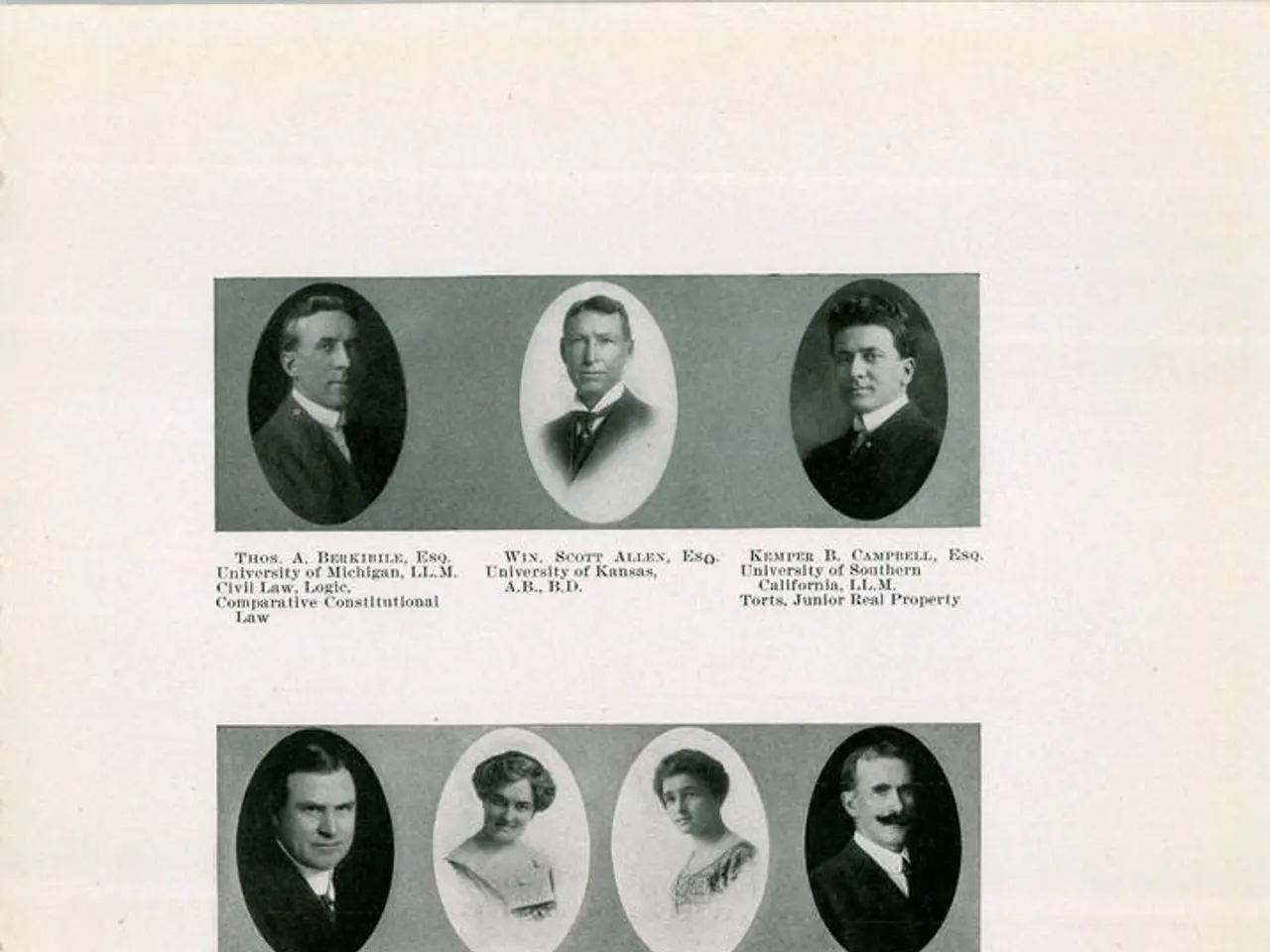Global setback for Pakistan as its passport deemed among weakest worldwide, discover India's standing
**Subtitle: The UK and US also see a decline in their positions**
In the latest Henley Passport Index, Pakistan's passport has been ranked 96th out of 199, with visa-free or visa-on-arrival access to only 32 destinations [1][2][3]. This places Pakistan among the weakest passports globally, in contrast to top-ranked passports, which offer access to over 190 countries [2][3][5].
Notably, the UK, which was previously ranked first in 2015, has now slipped to 6th place, while the US, which held the top spot in 2014, is now at 10th [1][2][4]. The US has also experienced a further decline, falling one place in the global passport rankings [1][3].
Pakistan's position is just above conflict-affected nations such as Somalia, Yemen, Iraq, Syria, and Afghanistan [1][3][5]. Afghanistan retains the lowest global passport ranking, with access to only 25 countries [3]. In comparison, regional peers such as Singapore, Japan, and South Korea have surged ahead in the rankings [1][4].
Though Pakistan's ranking has slightly improved from 2024, it remains near the bottom [1][5]. In contrast, the United Arab Emirates (UAE) has rapidly climbed to 8th place in 2025, with visa-free access to 183 countries, demonstrating how passport strength can shift dramatically with diplomatic efforts and international agreements [3][4].
The Henley Passport Index measures the number of destinations passport holders can access without a prior visa, a crucial indicator of global mobility [1][3]. Pakistan’s low ranking highlights ongoing challenges in visa diplomacy and international relations, with local business leaders and officials acknowledging the need for greater access through more bilateral agreements [3].
The index ranks passports based on the number of places their holders can visit without a visa in advance. Seven EU passports share the third position: Denmark, Finland, France, Germany, Ireland, Italy, and Spain. Japan and South Korea are tied for second place, while Singapore holds the top position [1][3].
Key takeaways from the index include the fact that Pakistan is ranked 96th with 32 visa-free or visa-on-arrival destinations, marking a small improvement from 2024 but still among the world’s least powerful passports [1][5]. The ranking reflects ongoing diplomatic and mobility challenges, especially compared to regional neighbors and Gulf states like the UAE [3][4].
The Henley Passport Index assesses the visa-free privileges of 199 different passports across 227 travel destinations [1]. As of 2025, Pakistan is ranked 96th on the Henley Passport Index [1]. The UK and US have also seen declines in their rankings, with the UK at 6th and the US at 10th [1][2][4].
[1] The Dawn Report, Jul 24, 2025 [2] Henley Passport Index, 2025 [3] BBC News, Jul 24, 2025 [4] The Guardian, Jul 24, 2025 [5] Reuters, Jul 24, 2025
- The United Kingdom, previously holding the first position in 2015, is now in the sixth place, echoing a broader decline in positions seen not only in the UK, but also in the US.
- Conversely, India, a significant player in fields such as cricket, Bollywood, finance, business, politics, and general-news, has yet to make significant strides in the global passport rankings, with its passport currently ranked 84th, offering visa-free access to only 58 countries.
- Considering the rapid shift in passport strength, such as the United Arab Emirates' rise to 8th place in 2025, it leaves one wondering about potential opportunities for India to boost its diplomatic efforts and international relations, thereby improving its passport ranking.
- With India's thriving economy and growing influence in various industries, particularly in technology and renewable energy, it might be worth exploring how a stronger passport could further propel India onto the global stage and foster more collaboration.
- In the world of sports and entertainment, where India already enjoys international appeal, a boost in the passport ranking could pave the way for further collaboration and the exchange of ideas, contributing to the growth of industries like Bollywood and cricket which have strong potential for global expansion.




